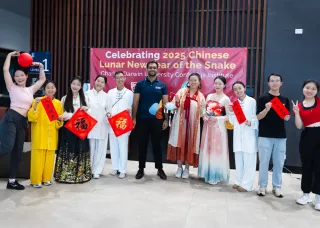
Confucius Institute events
Use the filters to refine the events
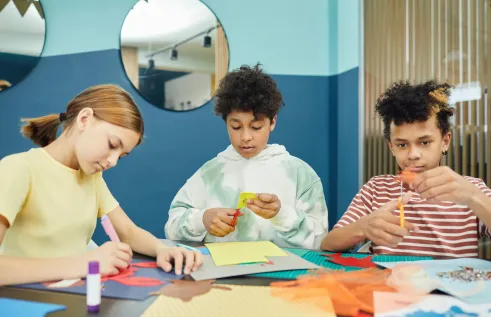
Chinese cultural handicrafts for kids
CDU CI presents a warm and educational handicraft workshop where children learn simple Chinese cultural traditions and create their own unique artworks. Join us for an inspiring cultural experiences, starting from 27 January till 3 March, 5 pm - 6 pm, every Tuesday.
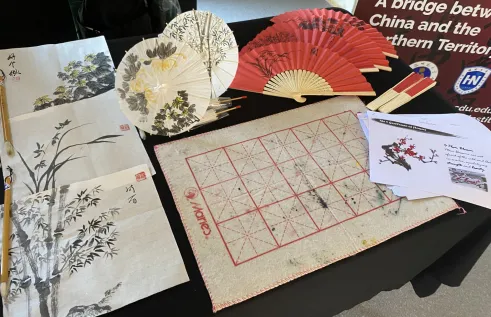
Traditional Chinese painting
The Confucius Institute welcomes you to join our traditional Chinese painting sessions every Tuesday from 5 pm - 6.30 pm, starting 27 January till 31 March.

Health Qigong - Five Animal Exercise
The CDU Confucius Institute is offering Health Qigong - Five Animal Exercise workshops on the Casuarina campus every Tuesday from 5.00 pm - 6.30 pm, starting on 27 January to 31 March.
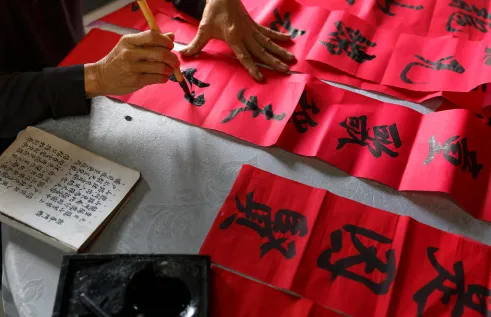
Chinese calligraphy for beginners
The CDU Confucius Institute is now offering Chinese calligraphy for beginners, a new course on the CDU Casuarina campus. The workshops will run every Tuesday, from 5 pm - 6 pm, starting 27 January to 31 March.

Ba Fa Wu Bu (Eight Methods and Five Steps)
Confucius Institute welcomes you to join our Ba Fa Wu Bu (Eight Methods and Five Steps) classes to exercise your body and mind. Starting from 28 January till 08 April, 5.00 pm - 6.00 pm, every Wednesday

Chinese language speaking course
Come to practice with us and learn how to speak Chinese more fluently and confidently in various contexts. Classes will run every Wednesday, from 6 pm - 8 pm, starting 28 January to 01 April.

Zen Dance workshops
The CDU Confucius Institute is offering Zen Dance workshops on the CDU Casuarina campus every Thursday from 5 pm - 6 pm, starting on 29 January to 2 April.
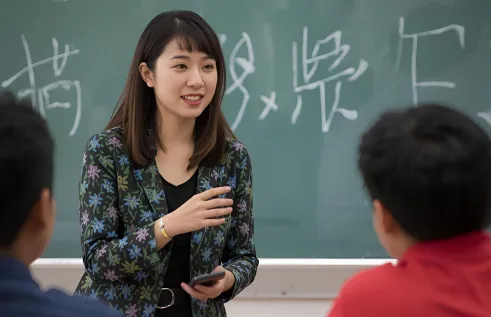
Adult Chinese class (Level 2)
Adult Chinese Class (Level 2) is mainly for beginners who already have basic Chinese listening, speaking and reading skills. This course will run every Thursday from 5.00 pm - 6.30 pm, starting 29 January to 2 April.
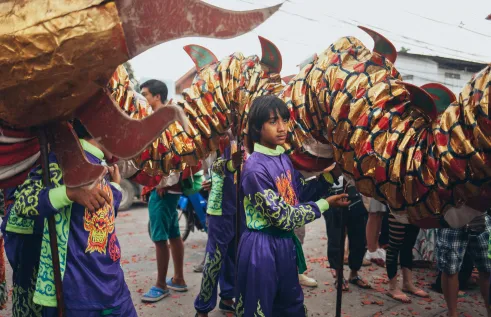
Chinese Culture
Come to learn Chinese culture through the local lens of Darwin. Classes will run every Thursday, from 6 pm - 8 pm, starting 12 February to 16 April.
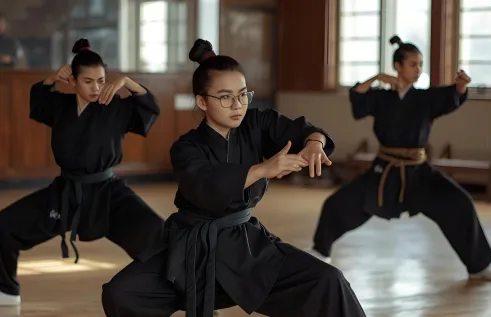
Bajiquan class
Join our Bajiquan classes, which run every Friday at 5.30 pm, from 26 January - 3 April.
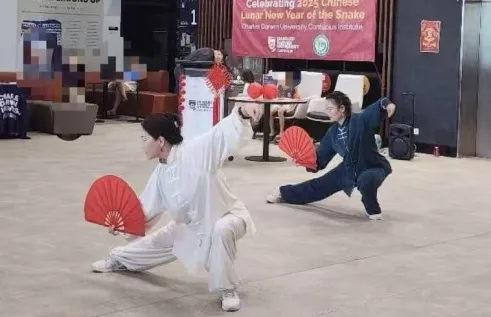
Tai Chi Kung Fu Fan
Join our Tai Chi Kung Fu Fan classes to learn a unique style of Tai Chi combined with other martial arts and dance movements! The classes run every Monday at 5.30 pm, from 26 January - 06 April.
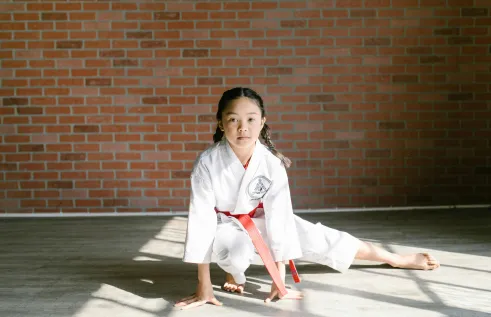
Chinese kung fu classes for kids
Join our kung fu classes specialised for children. It’s more than just exercise—it’s a journey to a healthier, brighter, and more focused future for every child! The classes run every Monday at 5.30 pm, from 26 January - 30 March.

Chinese cultural handicrafts for kids
CDU CI presents a warm and educational handicraft workshop where children learn simple Chinese cultural traditions and create their own unique artworks. Join us for an inspiring cultural experiences, starting from 27 January till 3 March, 5 pm - 6 pm, every Tuesday.

Traditional Chinese painting
The Confucius Institute welcomes you to join our traditional Chinese painting sessions every Tuesday from 5 pm - 6.30 pm, starting 27 January till 31 March.

Health Qigong - Five Animal Exercise
The CDU Confucius Institute is offering Health Qigong - Five Animal Exercise workshops on the Casuarina campus every Tuesday from 5.00 pm - 6.30 pm, starting on 27 January to 31 March.